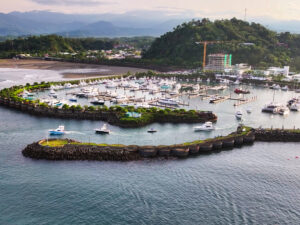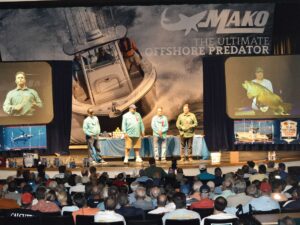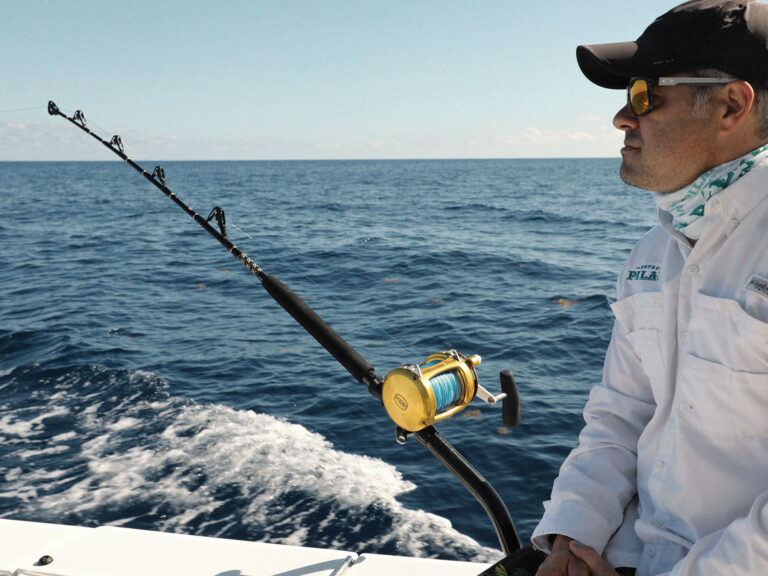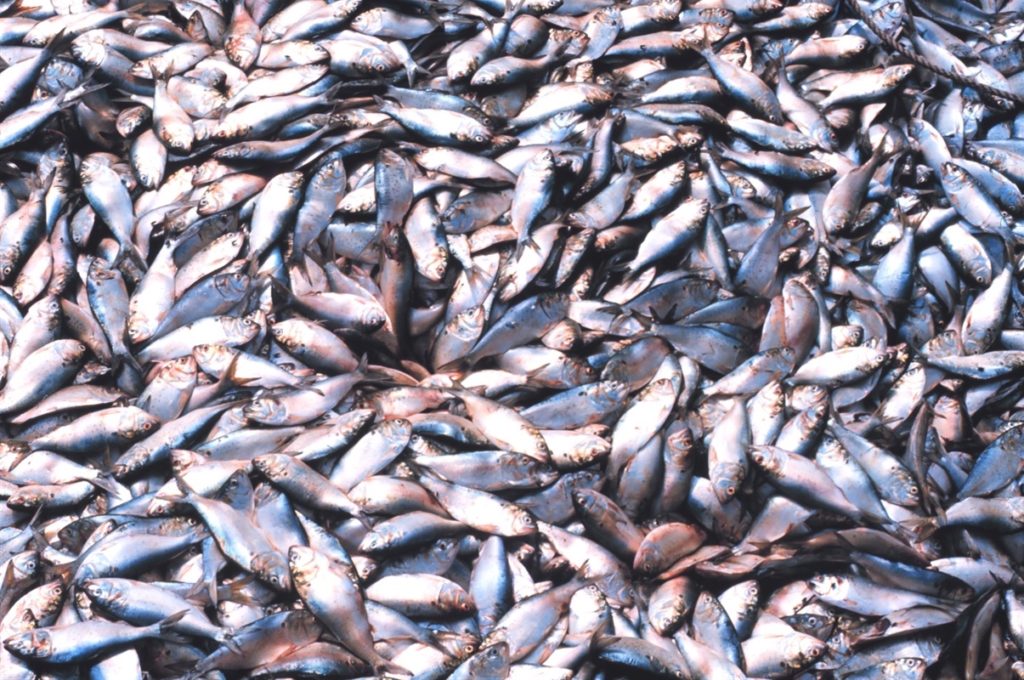
They have been called “the most important fish in the sea.” That may be debatable, but they are certainly one of the most important fish in the sea. Yes, this subject has recently been written about by me. However, that last piece has stirred the pot and the subject needs to be revisited.
For such a small fish, they can make a real stink in more than one way. The overall discussion about and regulation of menhaden harvest in the Chesapeake has been going on for many years. This latest effort to control the commercial fishery was brought to a head by the tons and tons of dead menhaden that washed up on Virginia and Maryland shores after full seine nets failed and dead fish were released with no recourse.
I suspect that if a massive barge load of garbage or sewage sludge was dumped into the Chesapeake because of a malfunction of some of the equipment on that barge, the maritime company that owned and/or operated the barge would be fined likely by the state and/or through the Clean Water Act. Omega Protein, whose vessels and purse seines, through operator error or malfunction episodically release these dead fish, doesn’t expect to get fined and fights any effort to help prevent it in the future.
Proposed Menhaden Regulations Dismissed
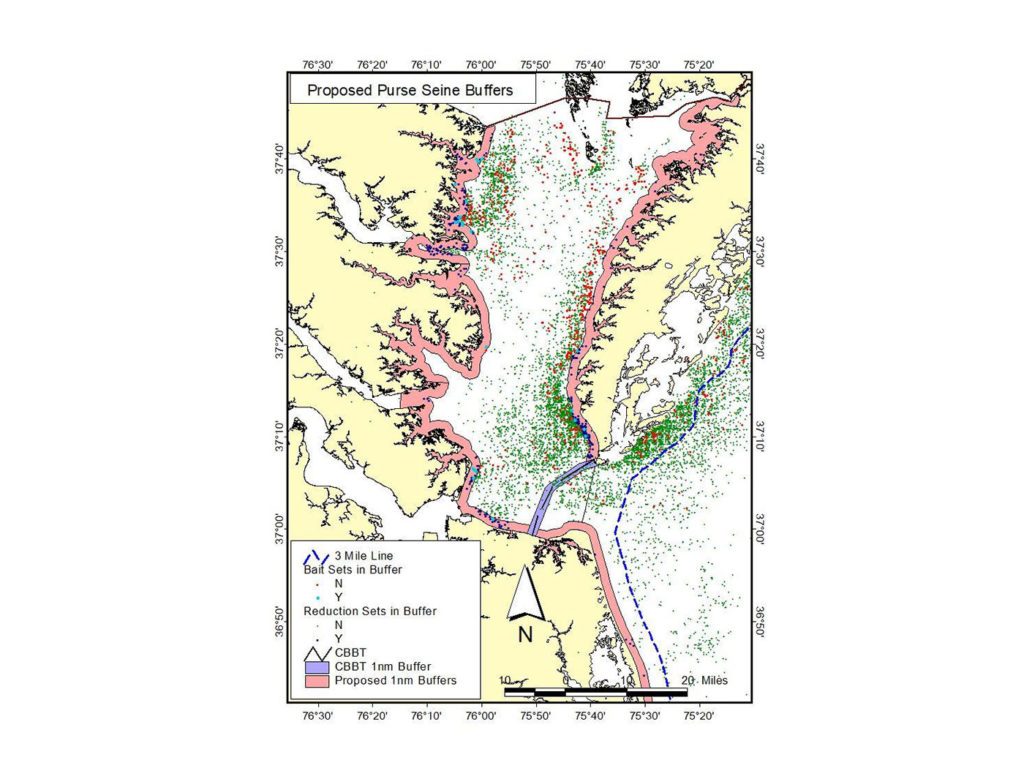
As was discussed in the previous article on this subject, even small restrictions on this fishery are so threatening to Omega that they send busloads of employees to Virginia Marine Resources Commission (VMRC) hearings to pack the room with folks who speak out against any restriction. The attached map shows just how little impact there would have been from the proposed VMRC regulation.
Both Maryland and Virginia recreational anglers were optimistic that Governor Youngkin’s campaign rhetoric stating that it would no longer be “politics as usual” in Virginia would change the dynamic. Unfortunately, there has yet to be a trickle down of this change. That became obvious when recreational stakeholders could not even get into the hearing room, which was full of Omega employees.
Then the proposed and discussed regulation changes did not even get a vote. A VMRC member simply shifted the discussion to the Memorandum of Understanding (MOU) proposal. The MOU received an even number of yays and nays, requiring the Chair to break the tie and pass the motion. This was a totally toothless effort that signifies nothing and was just what Omega wanted.
What Anglers Can Do
So what can sportfishing, tourism advocates and conservation organizations do? There are a number of possibilities. First, the sport fishing associations in Virginia should organize a letter writing campaign directed to Governor Youngkin. This campaign should stress that the Governor’s pledge of “not politics as usual” has not reached the VMRC members and that he should find some new replacements who embrace his philosophy.
There is an effort to take legal action against the VMRC as it seems to be favoring a foreign owned company over Virginia citizens, which runs counter to their mandate. I wish them luck, but also think that Omega should be legally challenged for violation of the Clean Water Act.
In the meantime, sportfishing advocates should be prepared to get behind State Delegate Tim Anderson’s bill for the next session of the Virginia General Assembly to place a two-year moratorium on Atlantic menhaden reduction fishing in Virginia’s portion of the Chesapeake Bay. If the bill gets to a hearing, recreational and tourism interests should make sure that they fill the room before commercial interests get there.
Make no mistake. Each of these possibilities will take a lot of effort. Omega has a long history of having it their way. That needs to change. There are many times more of us and sportfishing interests need to capitalize on our strength. Omega needs to understand that we can support and defend against their one-sided tactics.

